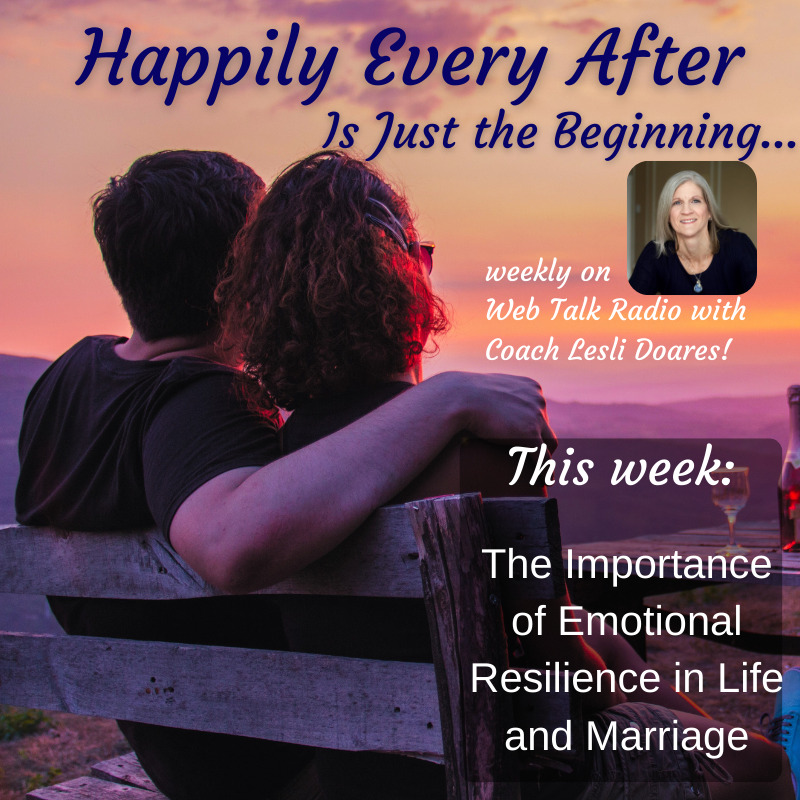No one likes criticism. Even if given “constructively”, it hurts. And when it comes from your wife? Even harder. How you respond to it can, and often, does make the situation worse. And this puts your marriage in danger.
Yes, she may be exaggerating your actions. Yes, she also may misunderstand your motives. And, yes, she may not offer her critique in a kind, loving way. But dismissing her experience or snubbing her request will not make things better. But you already know that.
There are three harmful ways people deal with criticism: defensiveness, blaming, and withdrawing. They all have something in common – they shift the focus from the person with the complaint to you, the one receiving it.
If your automatic reaction to criticism about something you did, or failed to do, is to get angry, point out where they’re wrong, or jump into an explanation about why what you did isn’t so bad, you are being defensive.
More subtle signs of defensiveness are rolling your eyes, smirking, heavy sighing, and the like. Even if they are non-verbal, they are just as damaging. Maybe more so.
Making the Time to Do Marriage Right
“Second marriage is the triumph of hope over experience.” Oscar Wilde The John Wooden quote, “If you don’t have time to do it right, when will you have the time to do it over?” popped into my head earlier this week when I was talking to Elliot who just married for the...
Who Does What in Your Marriage?
“The more you invest in a marriage, the more valuable it becomes.” Amy Grant My husband and I were talking about an unhappy married couple that were characters on a recent episode of the television show 9-1-1. He was wondering how things got so bad that the husband...
Your Choices—Helping or Hurting Your Marriage
“Doing the right thing daily, compounds over time.” John C. Maxwell Every waking moment you are making choices. Big ones. Little ones. Conscious ones. Reactive ones. Habitual ones. And they all impact your marriage. Even when they seem to have little to do with it....
Blaming is another common way negative feedback is handled. Instead of acknowledging your behavior, you blame the other person for “making” you take the actions you did.
- You yelled because they made you mad
- You lied because they get upset what you were doing
- You are justified because they hurt you too
The truth is that no matter what anyone else does, you are responsible for your actions. No one can “make” you do anything.
Blaming is a habit you develop that allows you to avoid responsibility by putting it on someone else. And it has no place in a healthy, emotionally mature relationship.
Finally, there is withdrawing. When someone criticizes you, you shut down. Refuse to talk. You might even remove yourself from their presence. Not for an hour. Not for a few hours. But for days.
Withdrawing is a form of punishment. And that’s what you intend when you do it. You don’t like what you’re hearing so you refuse to engage. Not just on the subject at hand, but in any way on any subject.
All of these behaviors are harmful to your relationship. They are indications of at least one, maybe two, of marriage guru John Gottman’s Four Horseman – unproductive communication patterns that predict divorce.
If you engage in any of these behaviors, you’re not alone. But you don’t have to continue to do them. And having a happy marriage depends on you stopping them. And the sooner the better.
My colleague Lisa Merlo-Booth has just the thing to get you started. She is offering help in her Tackling Defensiveness 101 program. You can check it out here.
Around the Web This Week









